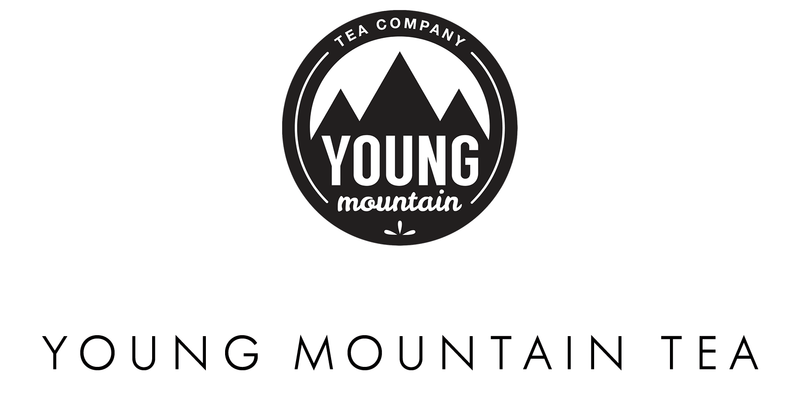Four Reflections Now That We're A One Year Old Tea Company

This week the idea of Young Mountain Tea turns one year old. Here’s how we started, subject line “Tea Thoughts”:
On Sat, Mar 2, 2013 at 2:09 AM, Keith Pennington <keith.pennington@gmail.com> wrote:
Raj,
That's really exciting to hear. And yes, your interpretations were spot on - my plan is to start a tea business although I'm very early in my thoughts so it's a good time to start talking.
Fast-forward to today and we’re one year deep into the world of a startup. While we may not be seasoned veterans quite yet, we’re not in boot camp anymore either. So here goes, a smattering of realizations from a one-year-old:
1. Best to start small and iterate often: We are followers of the Lean Startup approach, which advocates for starting small, starting now, and adapting as you go. In the depths of the Tea Thoughts thread, we didn’t have a clear idea of what EXACTLY we wanted to accomplish. Instead, we had a pretty good idea of the direction we wanted to go. As the conversation began to escalate, we kept asking ourselves: “If we’re really serious about this, what’s the next step?” From the get-go, we accepted that this was going to be a learning process, and that we would view each step as feedback on our approach. Doing so took a lot of pressure off of doing things perfectly.
3. Growing a business is a lot of work: But hold on! Starting a business isn’t the same thing as growing a successful one. Since the initial rush of launching four months ago, things have quieted down. And in the place of the picturesque moments that were sure to get likes on our Facebook page, we’re spending time on less appealing things like filing taxes. In these somewhat dull moments, I find solace in the fact that this is all about tea. Because while we’re a social enterprise, we’re also a couple of tea nuts. This seems a good time to insert Howard Thurman’s line: “Don’t ask what the world needs. Ask what makes you come alive, and go do it. Because what the world needs is people who have come alive.
In the beginning, I spent time trying to guess why people were so generous – is it because they want us personally to succeed, or because they want to support small Indian farmers? And then I’ve realized the distinction doesn’t matter – people want to be involved in making this happen, and that’s all that counts. And in it’s own way, that’s pretty exciting too.
Into Year 2!
Raj



Leave a comment